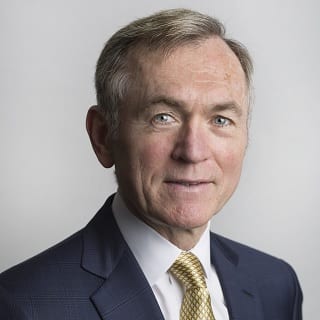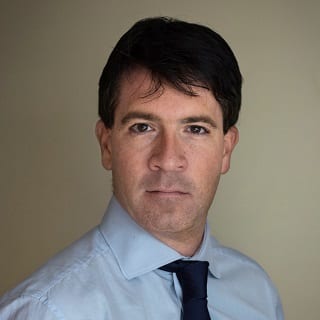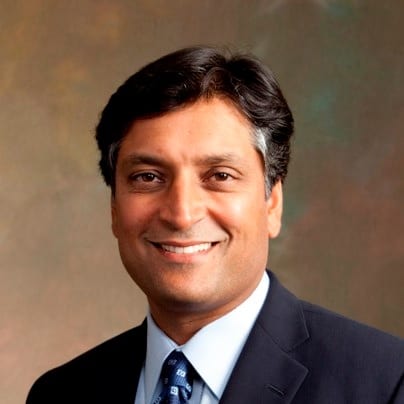Those who follow the comings and goings in the currency trading world will no doubt be noticing the multitude of comments and commentary surrounding the just-released FX Global Code of Conduct.
Well, here is a synopsis of some of those comments, from some leading FX sector executives:
- David Puth, CEO of CLS and Chairman of the Bank for International Settlements’ Market Participants Group
- Dan Marcus, CEO of institutional currency trading platform ParFX
- Curtis Pfeiffer, CBO at Pragma Securities, the independent algorithmic trading and transaction cost analysis (TCA) provider
- Harpal Sandhu, Founder and CEO of Integral:.
- Mark Follows, Subject Matter Expert, Financial Markets Compliance, Nice Actimize

David Puth, CLS
David Puth, CEO of CLS and Chairman of the Bank for International Settlements’ Market Participants Group:
The public perception of financial markets, deeply shaken by the financial crisis of 2008, was made worse by certain behaviors in the foreign exchange (FX) market. To help restore trust in the FX market, the industry has come together around a set of common principles and best practices – the FX Global Code.
The Code is about how we can build a stronger marketplace, by working together across the public and private sectors to identify the best practices for the industry.
From the outset, we sought to develop the Code in a collaborative manner. This has been a defining factor in ensuring that it reflects good market practice and is embraced by the broadest number of market participants.
We are far from done. However, I think we are in a position to begin to restore confidence, public trust and promote the effective functioning of the wholesale FX market, and ultimately build a better marketplace.

Dan Marcus, ParFX
Dan Marcus, CEO of ParFX:
ParFX welcomes the launch of the FX Global Code for the wholesale foreign exchange (FX) market. This initiative sets out guidelines and principles that will strengthen the integrity and effectiveness of the FX market.
The Code aims to instil the notion of truly ethical behaviour for all participants, and outlines an effective framework that, amongst other things, promotes responsible and sustainable trading behaviour. These key values now need to be hardwired into the FX market.
We strongly support adherence across the industry and fully intend to commit to the Code, as it aligns closely with our key principles of fairness, equality and transparency.
In addition, we intend to promote the Code amongst our customers by encouraging them to evolve their institutions’ FX practices so they are consistent with the principles laid out in the Code.

Curtis Pfeiffer, Pragma
Curtis Pfeiffer, Chief Business Officer at Pragma Securities:
There are few in the foreign exchange (FX) industry that can argue the FX Global Code is not necessary. The reputation of currency market has been tarnished in recent years by the behaviour of a small number of individuals. The FX Global Code is a significant effort by both central banks and the FX industry to spell out principles around ethics, best practices and transparency that can apply globally.
The Code is certainly a good start, one that was needed, and will make the FX markets better for its participants.
We believe the Code will provide a solid framework for a wide range of best practices, and includes specific guidance on algorithmic trading. We strongly believe algorithmic execution, because of the control and transparency it can provide, combined with transaction cost analysis (TCA), will better help institutions to comply with the Code while simultaneously improving their execution quality.

Harpal Sandhu, Integral
Harpal Sandhu, Founder and CEO of Integral:
The Code could very well be the regulatory catalyst for growth across global currency markets. We’ve seen this kind of effect of transparency on other industries, such as the cellular phone market, which now delivers greater pricing choice for consumers. This is because ultimately, transparency will lead to the democratization of FX which, in the long-term, benefits everyone by creating better liquidity.
While it will not happen overnight, as the industry evolves, there is a real opportunity for participants to capture new market share and gain an edge on the competition. For those who act now, the future is very bright.

Mark Follows, NICE Actimize
Mark Follows, Subject Matter Expert, Financial Markets Compliance, Nice Actimize:
To avoid heavy fines and regulatory scrutiny, market participants must aim for the highest ethical and professional standards and compliance, and senior management have to ensure they have the necessary tools and policies to do so.
Clearly, as the FCA itself has stated, the days of traders being able to easily game the system to boost profits are gone.
